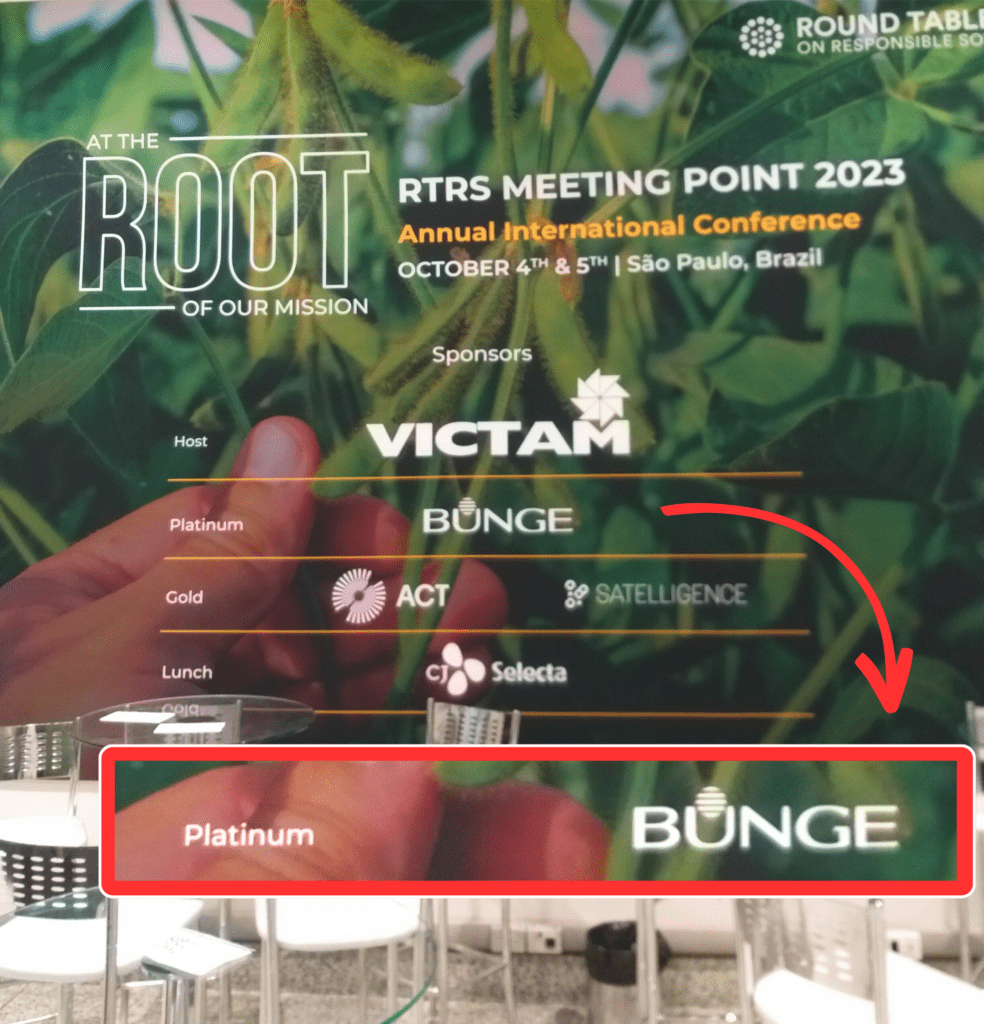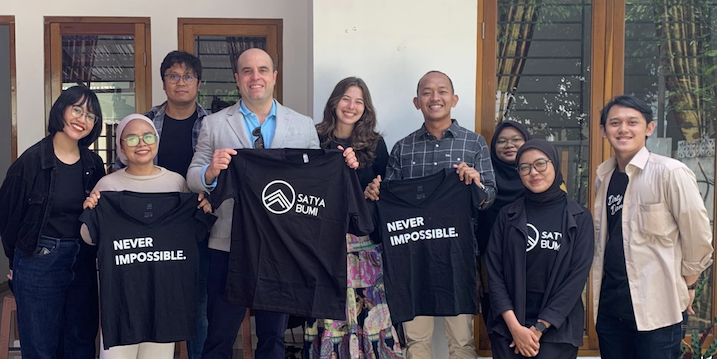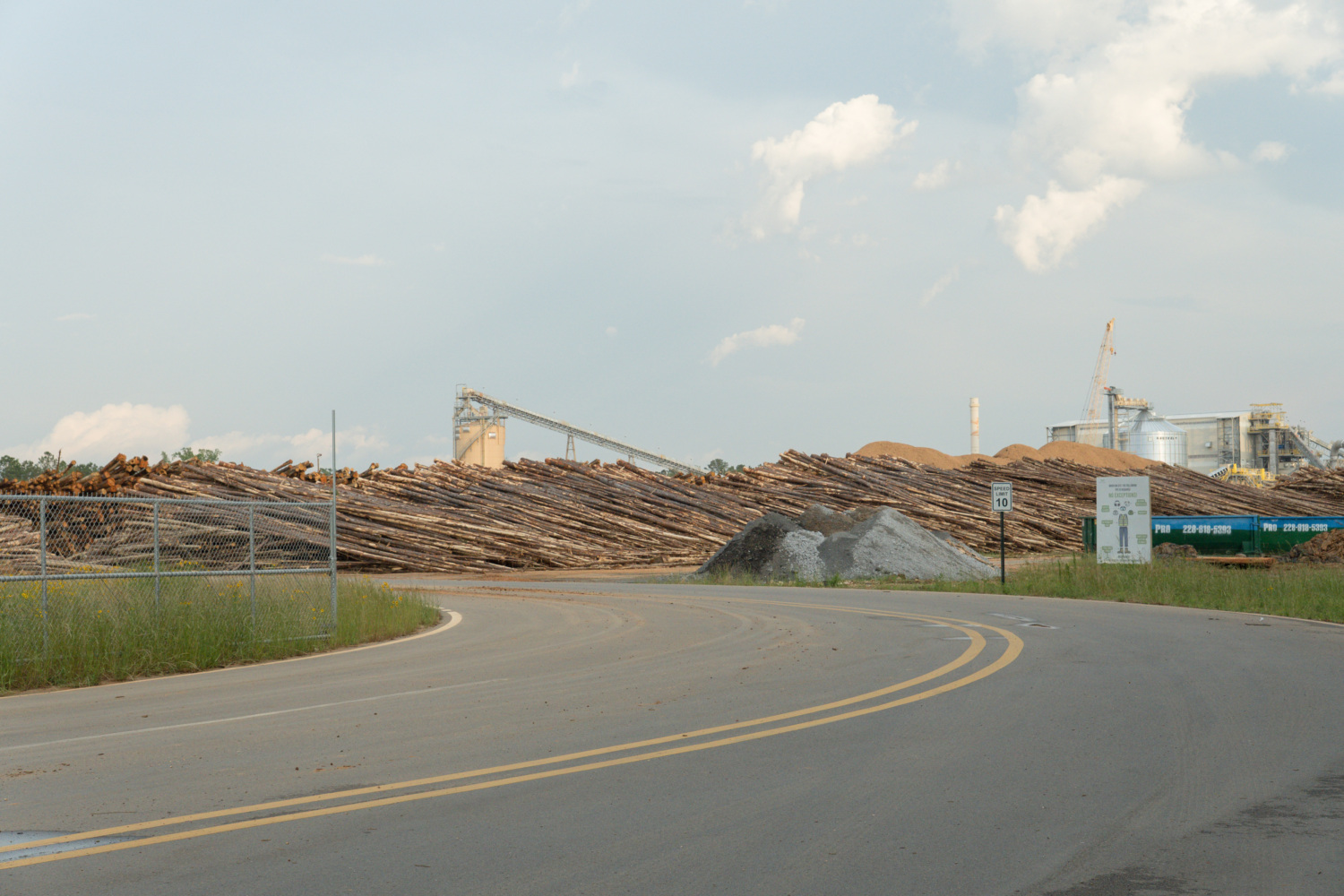
Bunge: “Responsible soy” or just greenwash?
The US company, which Mighty Earth revealed was linked to recent rampant deforestation in the Cerrado, is a “platinum” sponsor of an industry event on “responsible soy.”
Mighty Earth attended the recent Round Table on Responsible Soy (RTRS) annual conference in São Paulo, Brazil and we were baffled to see that US commodities trader Bunge was a “platinum” sponsor of the event for a second year running. Our latest report found Bunge was linked to recent soy-driven deforestation in the Cerrado, equivalent to nearly 16,000 soccer pitches.
The RTRS said Bunge’s sponsorship is part of a multistakeholder approach that strengthens the roundtable. The irony is not lost on us that Bunge, claiming to be committed to responsible soy, is the same company we found buying deforestation-linked soy from three farms in the Cerrado, Brazil’s most threatened biome and Bunge admitted it plans to continue with this business-as-usual approach until 2025.

With annual revenues of $67 billion, Bunge is the main supplier of soy animal feed to the meat industry in the European Union and is one of the traders with the greatest deforestation risk linked to soy in the Cerrado. Bunge ships vast amounts of soy to Europe to feed animals in intensive farming systems, destined for the meat aisles of major supermarkets in France, Spain, Germany, and the Netherlands – for beef, poultry, pork, and dairy products.
Greenwashing its soy commitments?
One of the key criteria of the RTRS is that there should be no conversion to soy plantations of any natural land after a 3rd June 2016 cut-off date. This is a more ambitious date than the 2020 date required by the new European Deforestation Regulation (EUDR). Our investigation found that Bunge recently bought soy from three farms responsible for the equivalent of 15,897 soccer pitches of deforestation in the Cerrado (11,351 ha), cleared after 2021, so beyond the 2016 and 2020 cut-off dates of the RTRS and the EUDR respectively.
Bunge confirmed to Mighty Earth that it has recently sourced soy directly from some of the farms named in our investigation – although it said the deforestation was legal under Brazilian law and failed to provide any further details. Bunge also told us that it does not have a deforestation cut-off date of 2020, and so will accept legally deforested, deforestation-risk, or deforestation-linked soy in its supply chain until 2025. Ten years ago, Bunge promised to be deforestation-free by 2025, so it seems it’s business-as-usual for the next year or so, with Bunge continuing to buy soy from suppliers that are laying waste to what remains of the Cerrado. With this position, why would Bunge sponsor a “responsible soy” conference? Is it just greenwashing?
Race to clear the Cerrado
The Cerrado is disappearing twice as fast as its neighbor the Amazon, taken by the meat industry to grow soy as animal feed. Going by the conversations taking place at the RTRS meeting, other traders represented by Abiove (Brazilian Association of Vegetable Oil Industries) also share Bunge’s lack of ambition and urgency to end deforestation in the Cerrado. What they’re planning is, in fact, the opposite. While discussing the limits and opportunities of the EUDR, Abiove insisted its members can only adopt a “future cut-off date” (i.e., 2025), not a “past one”. Abiove and the traders recognized that it may trigger a “race to clear the Cerrado” before 2025 but seemed to accept this as the Cerrado’s fate. It is worth noting that the RTRS is a voluntary certification and that the EUDR doesn’t accept any voluntary certification to comply with the new law’s Due Diligence procedure.
Recent data from Brazil’s Space Research Institute (INPE) revealed that deforestation increased in the Cerrado, up by 89 percent year-on-year in September. And the environment is not the only concern. A new investigation by Friends of the Earth U.S, Action Aid USA, and Rede Social de Justiça e Direitos Humanos shows Bunge’s links to land grabbing and human rights violations in the Cerrado.
The Cerrado is home to thousands of Indigenous Peoples and to 5% of the world’s plant and animal species. Known as Brazil’s “cradle of waters” it could lose more than a third of its river flows by 2050, if soy expansion continues at current levels. We cannot sacrifice the Cerrado to support a broken food system. We need supermarkets to cut ties with bad actors like Bunge, who far from sourcing “responsible soy” are, in fact, driving an ecosystem to the brink of collapse, by supporting irresponsible and destructive practices. We cannot allow this to happen. We need the Cerrado as much as the Amazon to tackle the climate crisis. In the meantime, the RTRS needs to think carefully about Bunge’s sponsorship of its “Responsible Soy” conferences.


